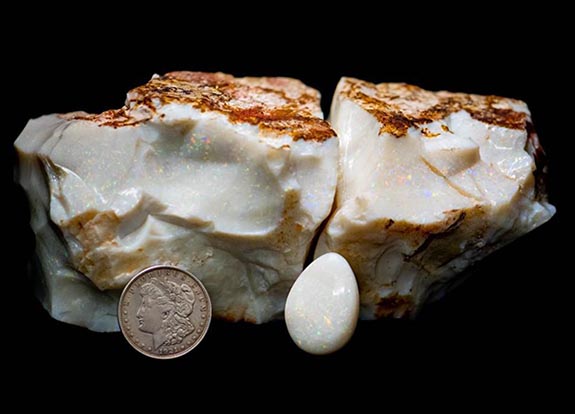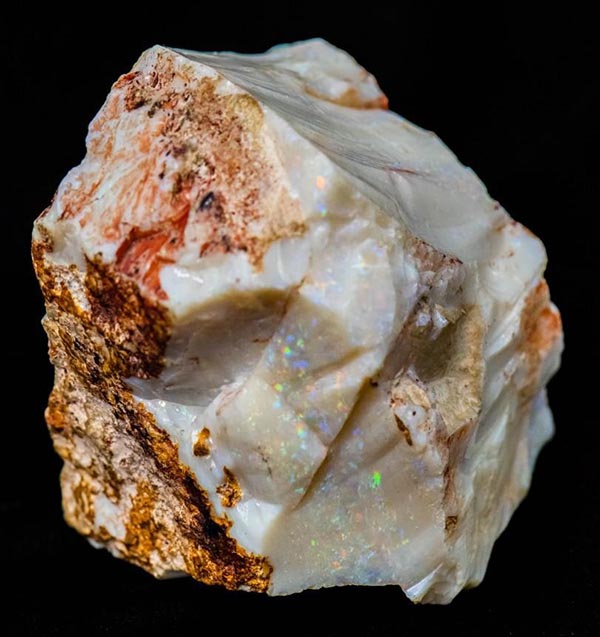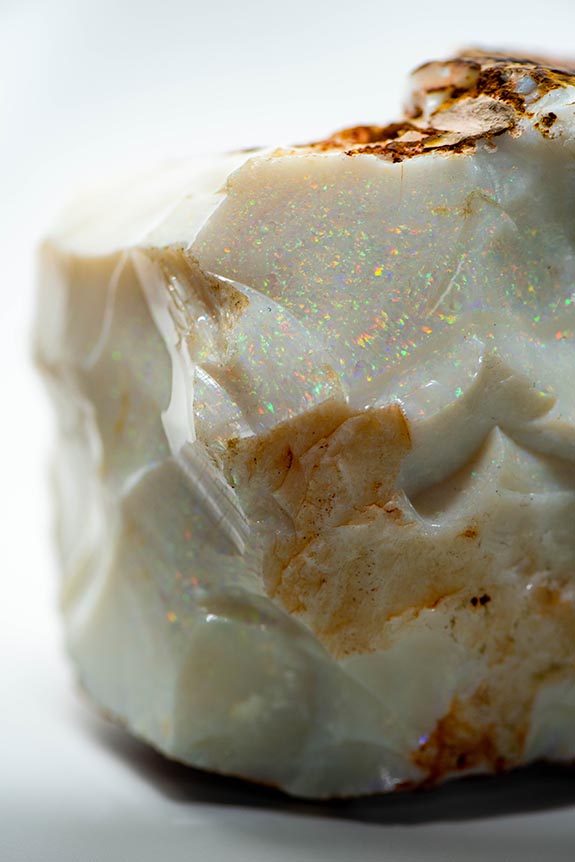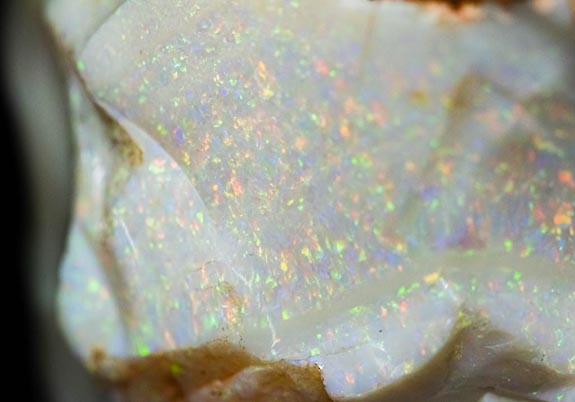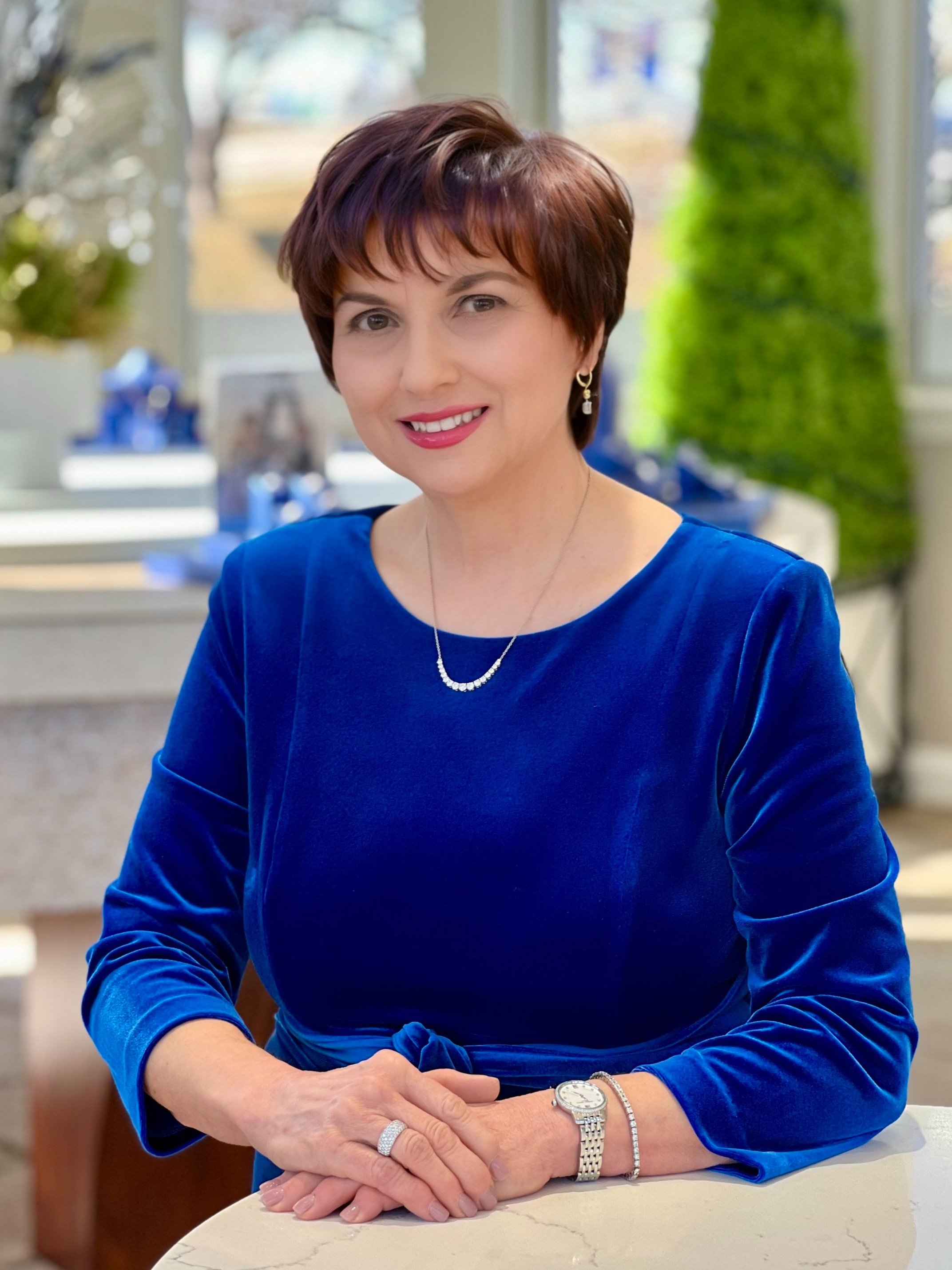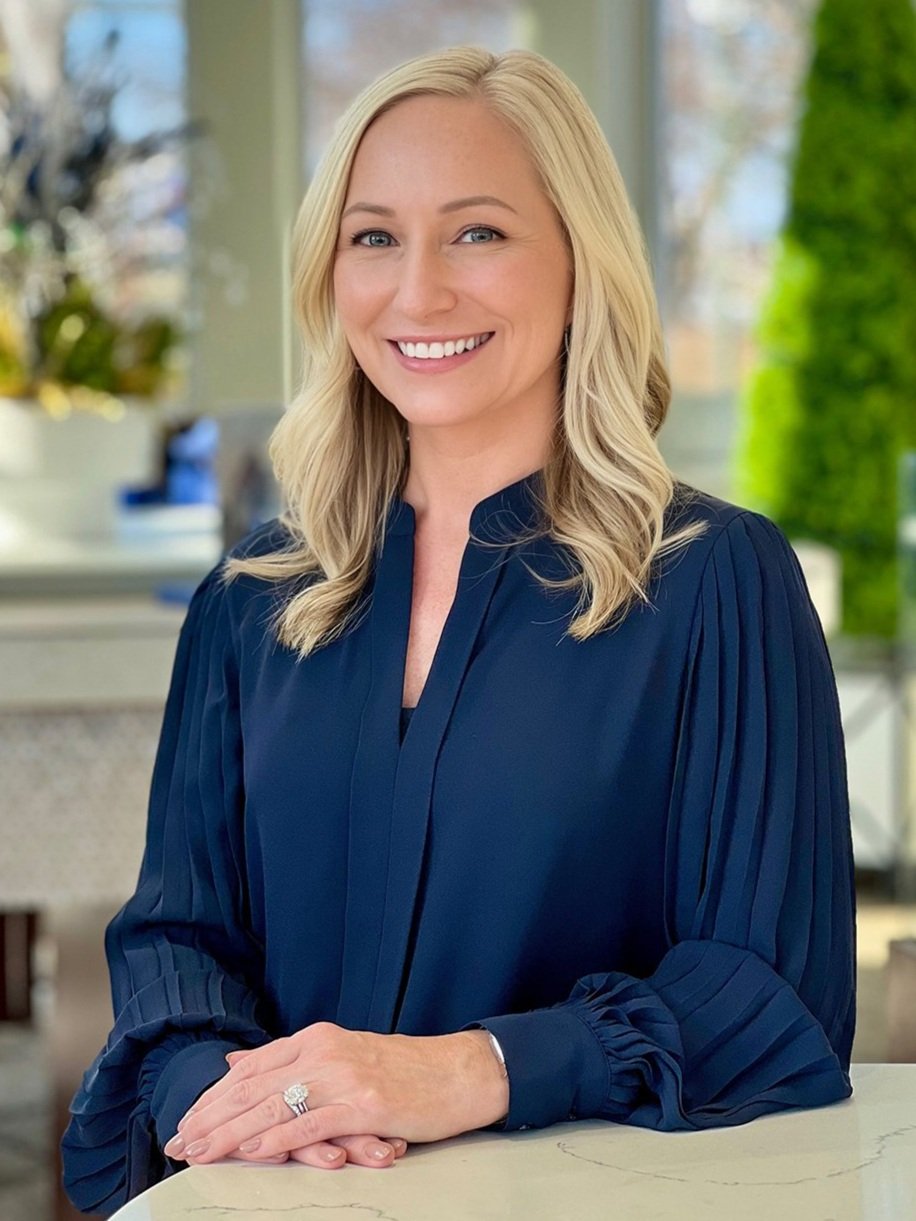An 11,800-carat, gem-quality opal believed to be one of the top-five largest in the world was scooped up by a private Texas-based collector for $143,750 at Sunday's live-stream sale hosted by Alaska Premier Auctions & Appraisals.
Auction coordinator and appraisal specialist Nick Cline told The Jeweler Blog that the opal's new owner, who requested to remain anonymous, assured him that the specimen called "Americus Australis" would remain intact.
The brick-size, 5.2-pound gem had been recovered from the famous eight-mile opal field of Coober Pedy, South Australia, in August of 1956. At the time, the specimen was purchased by the world-renowned opal dealers Altmann Cherny & Associates in the same parcel containing the largest gem-quality opal in the world, the 17,000-carat "Olympic Australis."
That sister stone remains in the Altmann & Cherny collection to this day and is said to be valued at $1.8 million.
Cline told The Associated Press that he contacted Fiona Altmann, granddaughter of John Altmann, to confirm the provenance of "Americus Australis." After digging through old company files, she unearthed a photo of a large opal that included a caption in her grandfather's handwriting. It read, "Americus Australis."
As legend has it, John Altmann ferried Americus Australis to the US in 1957 with the intention of selling it to the Smithsonian. Instead, it was purchased by the Von Brandts, a California-based gem trading family specializing in precious opal.
For the next 24 years, Americus Australis would became a headliner at more than 400 gem and mineral shows. The specimen was purposely broken in half — a practice employed decades ago to prove the internal quality of a gem.
The prized opal left the show circuit in 1981 and found a new home as an oddity in Guy Von Brandt's furniture shop. Guy eventually moved to Oregon, where the gem remained "tucked away" and out of the public eye.
Guy's son, Fred, told the Associated Press that his father finally decided that the stone had been “locked up long enough, that it’s time to put it back out in the world and see what interest it can generate.”
Americus Australis came along for the ride when Fred relocated to Alaska a little over a year ago. Shortly thereafter, Fred connected with Alaska Premier Auctions & Appraisals to organize the sale of the stone. Cline said he pitched the South Australian Museum in Adelaide, but that organization didn't have sufficient time to make a bid.
Instead, Americus Australis will be moving to its new home in Texas, where a private collector had seen a pre-auction story about the gem in his local media and decided to make a bid.
Might Americus Australis have an opportunity to dazzle a new generation of opal lovers? Only time will tell.
Credits: Photos by Dana Fuentes / Alaska Premier Auctions & Appraisals.

